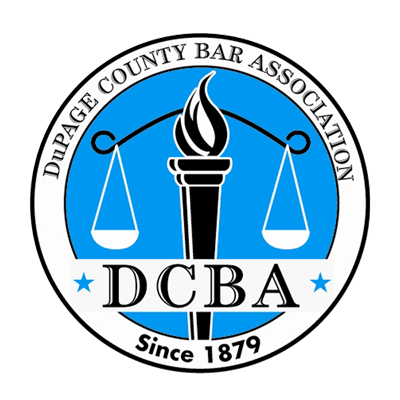
Auto accidents can happen to anyone, but statistically, two groups top the list: seniors and teens.
In 2020, for example, the National Highway Traffic Safety Administration (NHTSA) reported that more than 6,500 adults aged 65 and up were killed in motor vehicle crashes nationwide, and another 230,000 were injured. Within this group, drivers over the age of 80 had the highest fatality rate. These numbers are down a bit from 2019, perhaps because people were driving less overall during Covid lockdowns, but they still represent about 17% of total traffic fatalities.
On the other end of the spectrum, about 2,800 teens were killed in motor vehicle crashes in 2020, according to the Centers for Disease Control (CDC), while 227,000 suffered injuries. That’s about eight deaths each day, and an estimated $40.7 billion in medical costs.
So, Who’s the Most Dangerous?
A quick glance at these numbers might suggest that seniors pose the greatest risk behind the wheel, but it’s actually teens who get the top spot. When we factor in population percentages, the data becomes clearer. Seniors currently represent only 17% of the population, but Consumer Reports estimates they’ll account for one out of every five drivers by 2030, outnumbering 16- to 19-year-olds by more than 3 to 1.
So, while seniors may be involved in more total accidents, they are (slightly) less dangerous than their teen counterparts when we adjust for the number of drivers within each age group. Also worth noting, male drivers are historically involved in more fatal accidents than female drivers, regardless of age. In 2020, male drivers accounted for 75% of drivers involved in motor vehicle fatalities.
The Cause Behind the Numbers
There are a number of reasons seniors and teens lead the population in auto accidents.
For instance, older drivers are more likely to suffer from vision and hearing loss and may be slower to respond in a crisis. Seniors also tend to be more physically fragile, which may contribute to a higher injury and death toll. In fact, drivers aged 70 and up have higher crash death rates (per 1,000 crashes) than drivers between the ages of 35 and 54, a stark illustration of this increased vulnerability.
On the other hand, teens are less experienced and therefore less confident behind the wheel, making them more likely to misjudge a situation or make a crucial mistake when responding to a crisis on the road. Teens are also more likely to speed or become distracted while driving, be it from texting, social media interactions, or conversing with their passengers. Teens between the ages of 16 and 19 have the highest fatal crash rate among all age groups, and almost three times as high as drivers ages 20 and up, when comparing miles driven.
Minimizing Your Risk
While there’s no way to ensure you’ll never be involved in an auto accident, there are things you can do to reduce your risk:
- Eliminate distractions. Put your cell phone on silent or use hands-free technology to minimize distractions while you’re driving. Also, make sure to secure any personal items you might be transporting.
- Stay alert. Accidents can happen in an instant, so a fraction of a second can make all the difference. Make sure you’re well-rested and ready to focus before getting behind the wheel.
- Watch for signs and signals. Pay attention to warning signs and stay on the alert for detours, road construction, and other potential driving hazards. This will give you time to slow down and prepare for any challenges ahead.
- Observe traffic laws. Aggressive driving practices like speeding and tailgating will increase your risk of being involved in a crash. Be sure to drive the speed limit and leave plenty of room between your car and the car in front of you.
Have You Been Involved in an Auto Accident?
If you or a loved one has been involved in a car crash, Cullotta Bravo Law Group can help. Our seasoned personal injury attorneys have over 30 years of experience helping clients achieve the best possible outcome, whether you’re at fault in the accident or not. Contact us today to protect your rights – just call 630-898-7800 or message us online.





